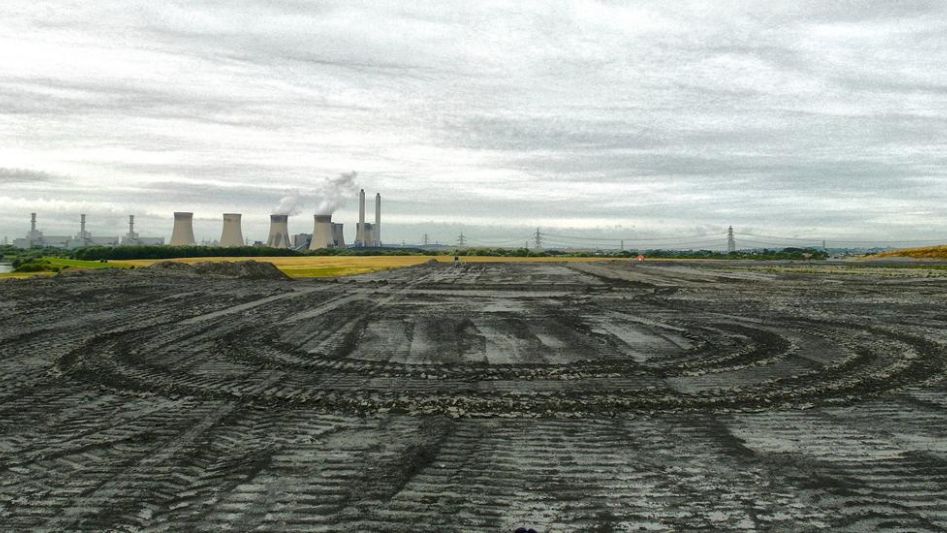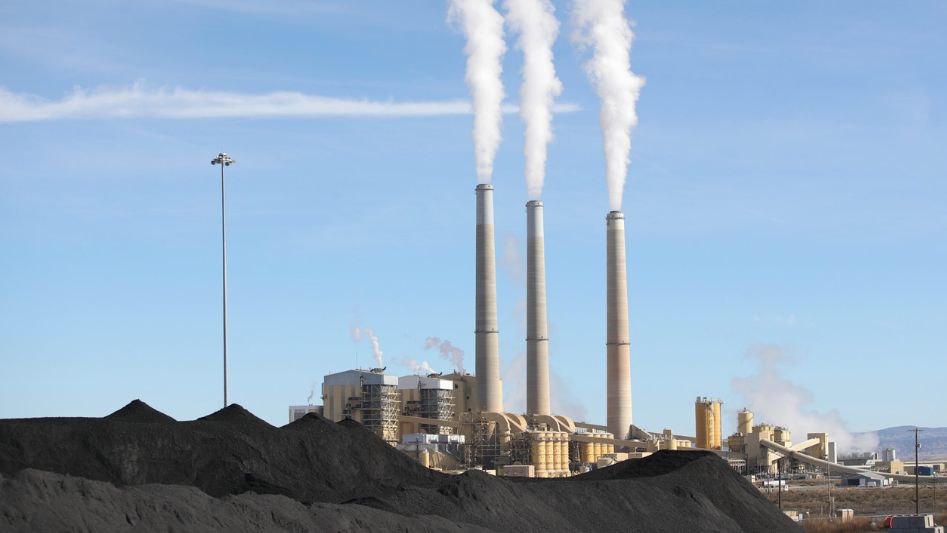Fossil fuels have long been the backbone of modern industrial societies, powering economies and fueling technological advancements. However, beneath their apparent benefits lie hidden costs that can profoundly impact our environment and economy. This article delves into the multifaceted repercussions of relying on fossil fuels, shedding light on their environmental and economic implications. From air pollution to climate change, and from health problems to social inequalities, let’s explore the true price of our dependence on these finite resources.
Table of Contents
- Environmental Degradation: Unveiling the Ecological Toll
- Health Hazards: A Silent Toll on Human Well-being
- Economic Vulnerabilities: Uncovering Hidden Financial Strain
- Energy Security and Geopolitical Tensions: Navigating Uncertain Waters
- Innovation and Job Opportunities: Pioneering a Sustainable Future
- Mitigation Strategies: Charting a Path Forward
- Conclusion
- FAQs

Environmental Degradation: Unveiling the Ecological Toll
The extraction, production, and consumption of fossil fuels release vast amounts of greenhouse gases (GHGs), primarily carbon dioxide, into the atmosphere. This accelerates global warming, triggering severe climate changes and resulting in extreme weather events such as hurricanes, droughts, and heatwaves. Moreover, the acid rain produced by burning fossil fuels harms ecosystems, soil quality, and aquatic life. These environmental impacts necessitate urgent action to transition to cleaner energy sources.
Health Hazards: A Silent Toll on Human Well-being
Burning fossil fuels emits not only carbon dioxide but also a cocktail of harmful air pollutants, including particulate matter and sulfur dioxide. These pollutants degrade air quality, contributing to respiratory diseases, heart conditions, and premature deaths. Vulnerable populations, such as children, the elderly, and low-income communities, are disproportionately affected. Addressing these health consequences requires a shift towards cleaner energy alternatives.
Economic Vulnerabilities: Uncovering Hidden Financial Strain
Beyond the apparent economic benefits of fossil fuels lies a complex web of hidden costs. The extraction of fossil fuels can lead to land degradation, deforestation, and habitat destruction, affecting industries like agriculture and tourism. Additionally, the volatility of fossil fuel prices in the global market can destabilize economies heavily reliant on these resources. Transitioning to renewable energy sources can mitigate these economic risks and promote sustainable growth.

Energy Security and Geopolitical Tensions: Navigating Uncertain Waters
Relying on fossil fuels ties nations to a finite resource with uneven geographical distribution. This dependency often leads to geopolitical tensions and conflicts over access to fossil fuel reserves. By diversifying energy sources and investing in renewables, countries can enhance their energy security and reduce susceptibility to such conflicts.
Innovation and Job Opportunities: Pioneering a Sustainable Future
The transition away from fossil fuels creates opportunities for technological innovation and job growth. The renewable energy sector offers prospects for research and development, leading to breakthroughs in energy storage, grid management, and efficiency. Embracing this shift can stimulate economic development and create a more sustainable job market.
Mitigation Strategies: Charting a Path Forward
Addressing the hidden costs of fossil fuels requires a multipronged approach. Governments must enact policies that incentivize renewable energy adoption, such as subsidies and tax incentives. Industries can invest in cleaner technologies, reducing their carbon footprint. Individual consumers also play a role by making conscious choices to reduce energy consumption and support sustainable practices.

Conclusion
The hidden costs of fossil fuels extend far beyond financial expenditures, touching every aspect of our lives. Environmental degradation, health risks, economic vulnerabilities, and geopolitical tensions underscore the urgency of transitioning to cleaner energy sources. By acknowledging these hidden costs and embracing renewable alternatives, we can collectively pave the way towards a more sustainable and promising future.
FAQs
Are renewable energy sources completely free from hidden costs?
While renewable energy sources have fewer hidden costs compared to fossil fuels, they still involve considerations such as resource extraction, manufacturing, and infrastructure development.
How do fossil fuels affect biodiversity?
Fossil fuel activities contribute to habitat destruction, pollution, and climate change, all of which negatively impact biodiversity and threaten numerous species.
Can the transition to renewable energy solve economic challenges related to fossil fuels?
Transitioning to renewable energy can help mitigate economic vulnerabilities, create new job opportunities, and foster technological innovation, contributing to long-term economic stability.
What role do consumers play in addressing hidden fossil fuel costs?
Consumers can make a difference by adopting energy-efficient practices, supporting clean energy initiatives, and advocating for policies that promote sustainability.
You May Also Like
- WHY IS STILL HARD TO QUIT ON FOSSIL FUELS?
- THE GREEN REVOLUTION: HOW TECH IS DRIVING SUSTAINABILITY
- THE POWER OF SUN, WIND, AND WATER: EXPLORING RENEWABLE ENERGY TECHNOLOGIES
- RENEWABLE ENERGY SOURCES: EXPLORING THE OPTIONS FOR A CLEANER PLANET
- RENEWABLE ENERGY FOR ALL: EMPOWERING COMMUNITIES WITH CLEAN POWER
